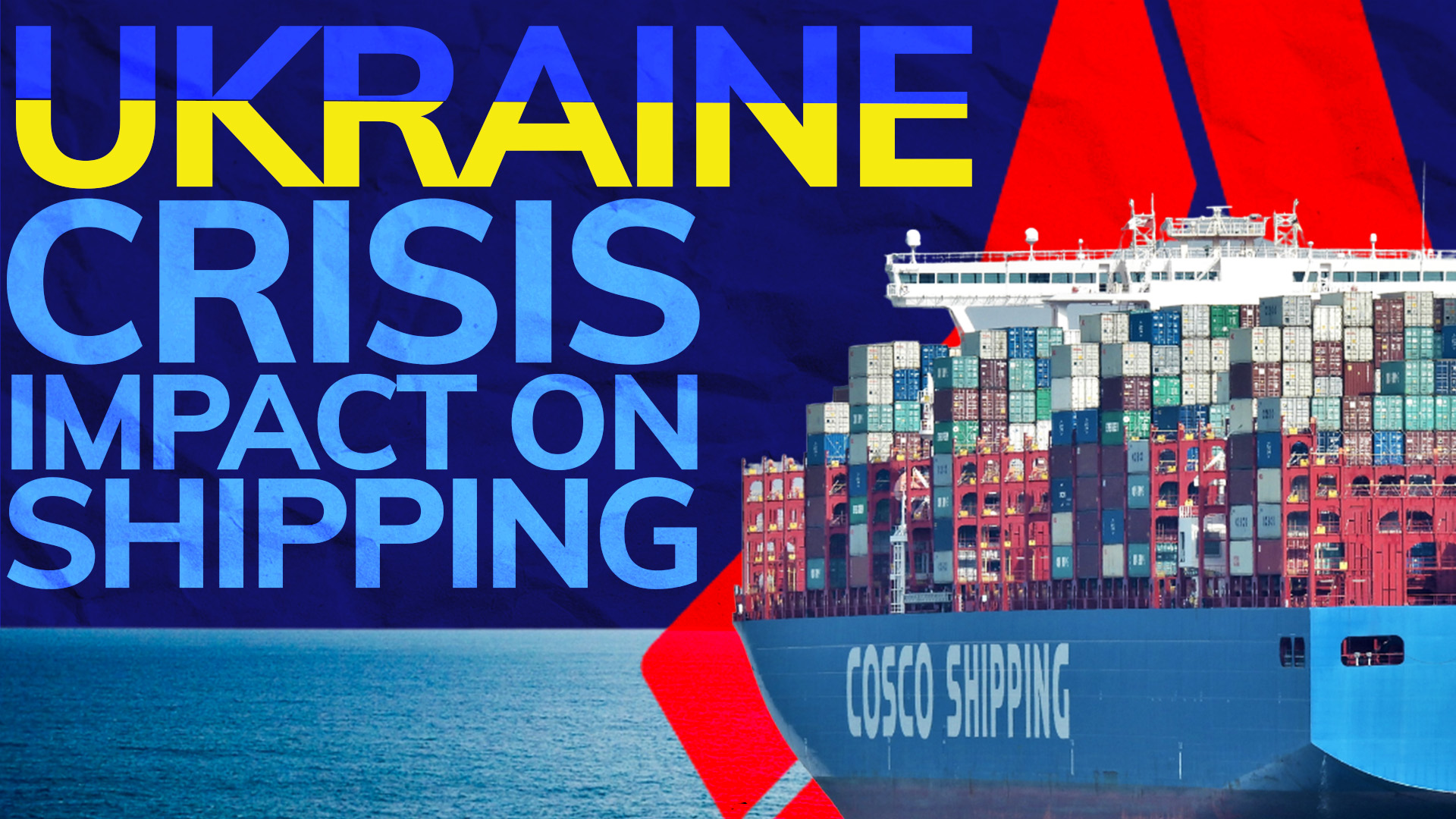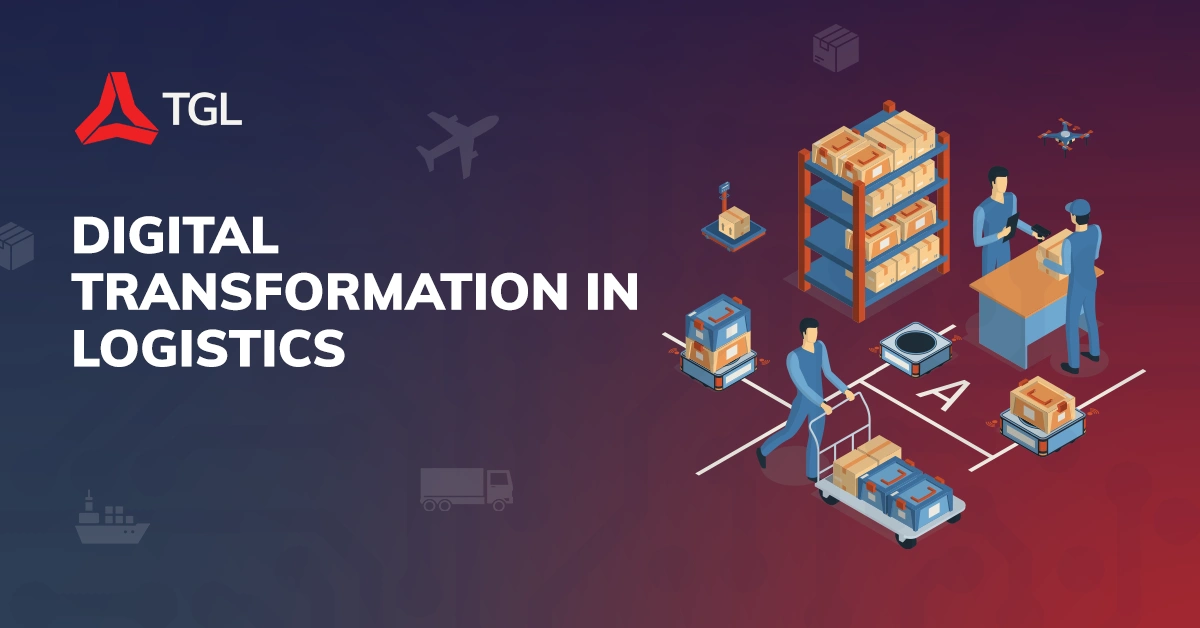What Impact Does Ukraine Crisis Have On Supply Chain?

Freight forwarding expert and CEO of Think Global Logistics La Chang talks about how the war in Ukraine is impacting global shipping and what surcharges may follow for air and sea freight to the region. Watch the video below for further details:
The tragedy in Ukraine is causing disruptions in global supply chains. Most commercial ocean carriers have already suspended services to and from Odessa – the main port servicing Ukraine. This will have an immediate effect on the supply of all goods and basics to the country. The effects will be felt most in air freight given most airlines flying in and out of Europe go through Ukraine or Russian airspace. Given this is now a no-fly zone, rerouting has taken place and the disruptions are felt down the line. However, as always logistics is a fluid industry and just like water we will adapt and flow on.


